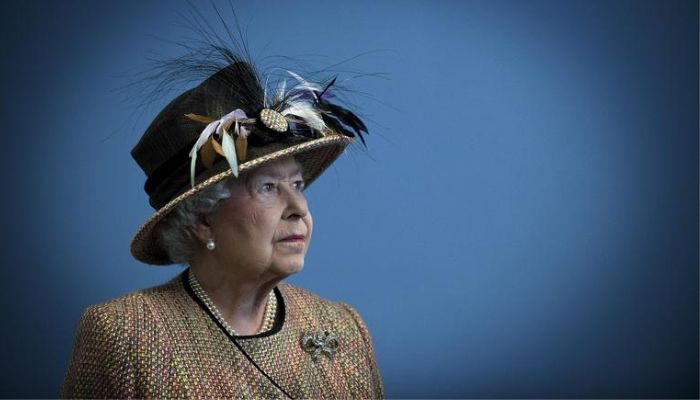Remembering Her Majesty Queen Elizabeth II
It is a fitting reflection of Her Majesty’s affection for Pakistan that one of her last official messages was on August 29, 2022 when she wrote to the people of Pakistan to express her solidarity...
September 19, 2022

In her Christmas advice to the UK in 1974, Her Majesty Queen Elizabeth II said “Goodwill is better than resentment, tolerance is better than revenge, compassion is better than anger, above all a lively concern for the interests of others.”
These are words which encapsulate her approach throughout a remarkable life of duty and service to others.
Her Majesty touched many during her reign of 70 years serving the United Kingdom, the Realms and the Commonwealth. She transcended geographical and cultural barriers to connect with people across the globe. Dubbed "the UK’s best diplomat", she undertook over 260 official visits overseas, saw 15 UK prime ministers in office starting with Winston Churchill in 1952, and met 13 US presidents.
Her Majesty visited Pakistan twice, once in 1961 and then again in 1997. Accompanied by her husband, Prince Philip, the Queen visited Karachi, Peshawar, Quetta, Lahore and the northern areas during her February 1-16, 1961 tour. She was 34 at that time. She next visited Pakistan 36 years later, when the country was celebrating 50 years of independence. The Queen clearly left a huge impact on the people and organisations she visited. Pakistanis often stop me and tell me about how thrilled they were to have met the couple.
It is a fitting reflection of Her Majesty’s affection for Pakistan that one of her last official messages was on August 29, 2022 when she wrote to the people of Pakistan to express her solidarity with flood victims and support for relief efforts.
As Her Majesty’s representative in Pakistan I have felt our shared responsibility to respect her legacy with dignity. I am humbled by the many messages of condolences received from the leaders and people of Pakistan and by the national day of mourning observed on September 12.
Many of us have I think have been surprised by the profound grief at the news of her death. It has been one of those moments when history comes to the surface. Within the space of a week, the UK had a new prime minister and a new monarch.
Our sense of loss is I think primarily because Her Majesty represented constancy, a foundation for those of us who grew up in Britain over the last 70 years. She embodied in her personal longevity the reassurance of continuity in our uncertain world.
As Britain’s role in the world altered and it became a more diverse and cosmopolitan country, she modernised the monarchy, helping to ensure stability through change. She encouraged the country to remain resolute in the face of adversity, to embrace the new without betraying the principles of the past. She was, to us and much of the rest of the world, quintessential Britain.
In addition, we have a strong sense that the values she embodied – duty, humility, stoicism, compassion – are so central to, and needed more than ever, in today’s public life. The great Islamic scholar Ibn Khaldun argued that societies need “asabiyyah”, the ability to feel a sense of solidarity and connection. Her Majesty stood as a reminder of the power of coming together, of listening to and resolving differences.
King Charles III, like his mother, is no stranger to Pakistan. He last visited Pakistan in 2006 along with the now Queen Consort. More recently, he sent a heartfelt message expressing his grief over the devastation caused by floods in Pakistan. “Your country is very special to us, with deep and enduring bonds to the United Kingdom,” he said of our two countries’ relationship.
As the state funeral in London brings closure to the Elizabethan era, one emotion will remain: of deep admiration, affection and gratitude for what Queen Elizabeth II did for the UK and relations across the Commonwealth and the world.
God save King Charles III.
— The writer is the British high commissioner to Pakistan. He tweets @CTurnerFCDO
Originally published in The News











